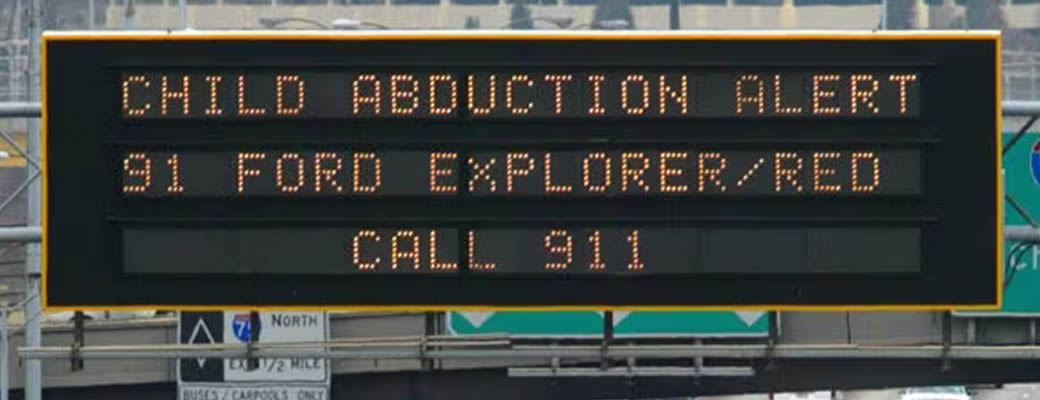California becomes first state to launch Ebony Alert for missing Black youths
The Washington Post
Daniel Wu
October 12, 2023
California is rolling out a companion to the Amber Alert, the system used nationwide in missing children’s cases, to specifically highlight cases of young Black people who go missing in the state.
The Ebony Alert is meant to address a long-standing racial inequity in the attention given to cases of missing Black children, teens and young adults by law enforcement and the media, state Sen. Steven Bradford (D) told The Washington Post on Tuesday.
Gov. Gavin Newsom (D) on Sunday signed Bradford’s bill, which passed through the state legislature with little opposition earlier this year, to create the new alert. The law will go into effect in January, making California the first state with an alert system specifically for cases involving missing Black youths, Bradford said.
“I think this is an issue whose time has come,” he said.
The criteria for law enforcement to request an Ebony Alert, like an Amber Alert, includes considerations of a missing person’s physical safety and mental or physical disabilities. But unlike existing alerts, the Ebony Alert sets an age range for missing people between 12 and 25. Bradford said the range was intended to account for victims of sex trafficking over 17.
Bradford said he intended for the alert to be issued across phones, online and on highway signage, just like the state’s other emergency messages.
A disproportionately high number of Black juveniles are reported missing in the country, according to the FBI’s National Crime Information Center. Around 140,000 Black children 17 or younger were reported missing in 2022 compared with roughly 190,000 White children reported missing. In 2020, Black juveniles made up around 15 percent of the U.S. youth population, according to the Department of Justice.
Bradford said several trends slow law enforcement’s response to missing person cases involving Black people, including a high number of cases being wrongly deemed runaways, which don’t receive Amber Alerts. Commentators have argued that cases involving White missing people receive disproportionate media attention, notably during the search for 22-year-old Gabby Petito in 2021.
“Very rarely do you ever see that type of media attention for an African American,” Bradford said. “It’s just a stark difference in how law enforcement and the media deals with this issue.”
Dedicating an alert system for missing Black people could encourage law enforcement to devote more attention to their cases, said Derrica Wilson, the co-founder of the nonprofit Black and Missing Foundation. Wilson, a former Virginia police officer, said the move should still be accompanied by training so that officers, who must decide to request the alert, don’t disregard the cases in the first place. Establishing the Ebony Alert signals to officers that cases of missing Black people deserve attention, she said.
“They’re hoping to change the narrative,” Wilson said.
The Ebony Alert is not the only specialized alert that may be requested by California law enforcement — the California Highway Patrol can also issue Silver Alerts for missing seniors 65 or older, Blue Alerts to describe a suspect in the killing of a police officer and Yellow Alerts to describe a suspect in a hit-and-run, according to its website.
It is also not California’s first alert tailored to a missing person’s race or ethnicity. In 2022, the state passed a law to create a Feather Alert for missing Indigenous people, following the passage of similar alert systems in Washington and Colorado.
Asked whether he was concerned that adding the Ebony Alert would lead to too many messages being issued over the state’s emergency systems, Bradford said any increase in the alarms raised about missing Black children would be a sign of progress.
“We’re going from a system that all but ignored these individuals,” Bradford said.
He added that he hoped the alert could be replicated in other states.
“So goes California, so goes the nation,” Bradford said. “Hopefully, this can be a shining example of what needs to be done.”
Photo credit: John Spink/Atlanta Journal Constitution/AP

